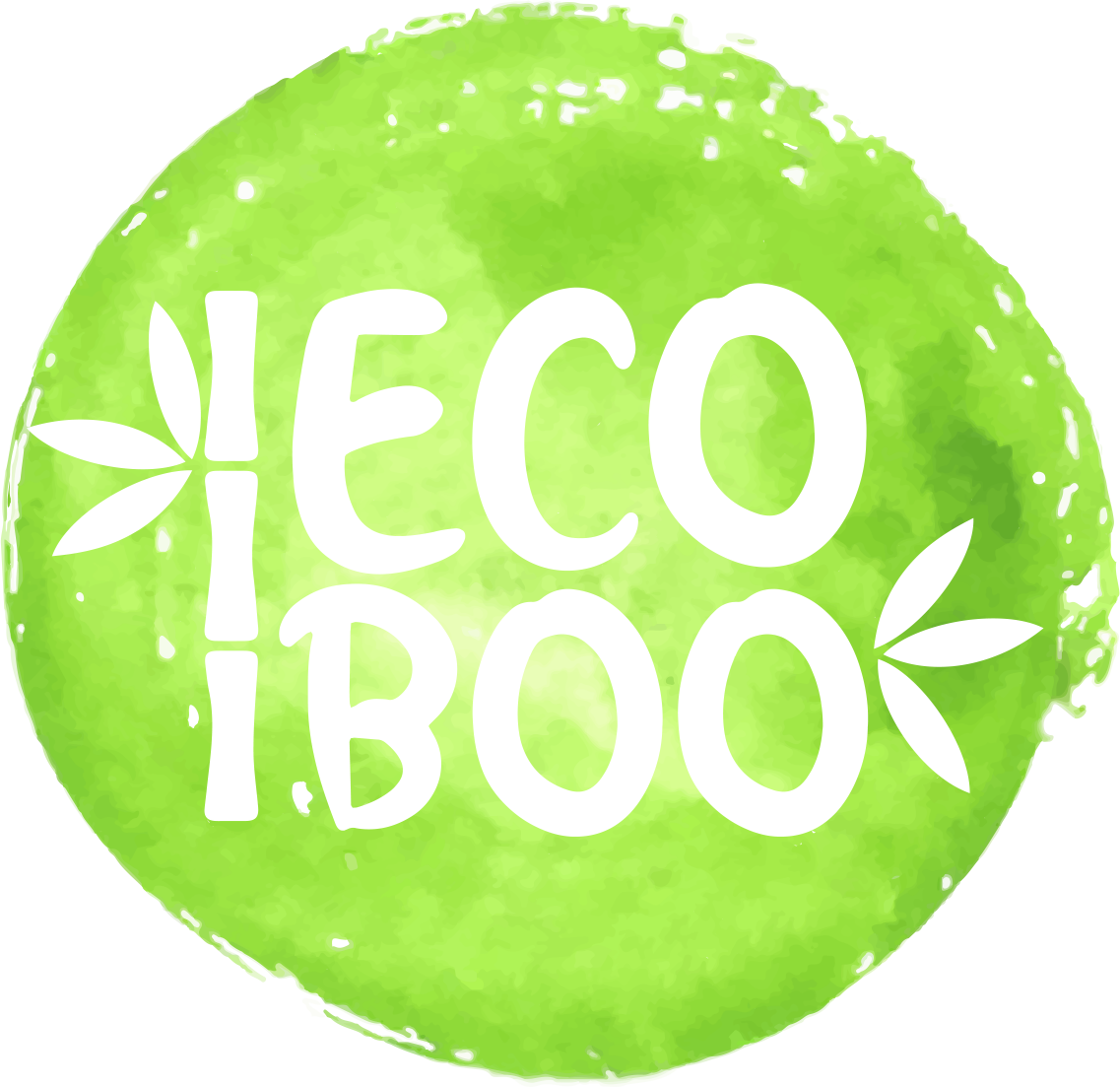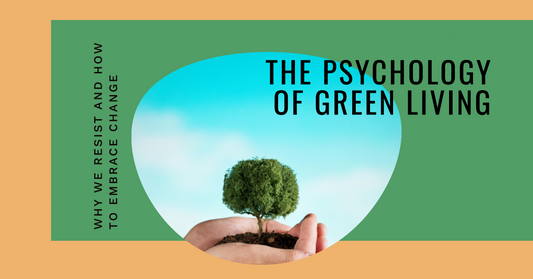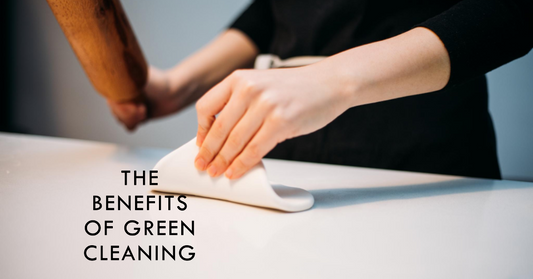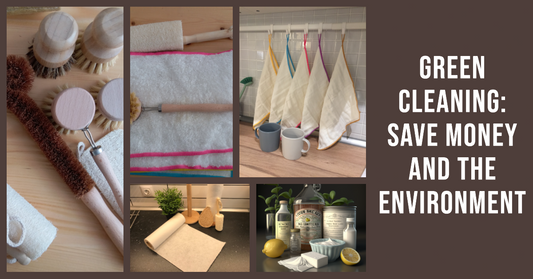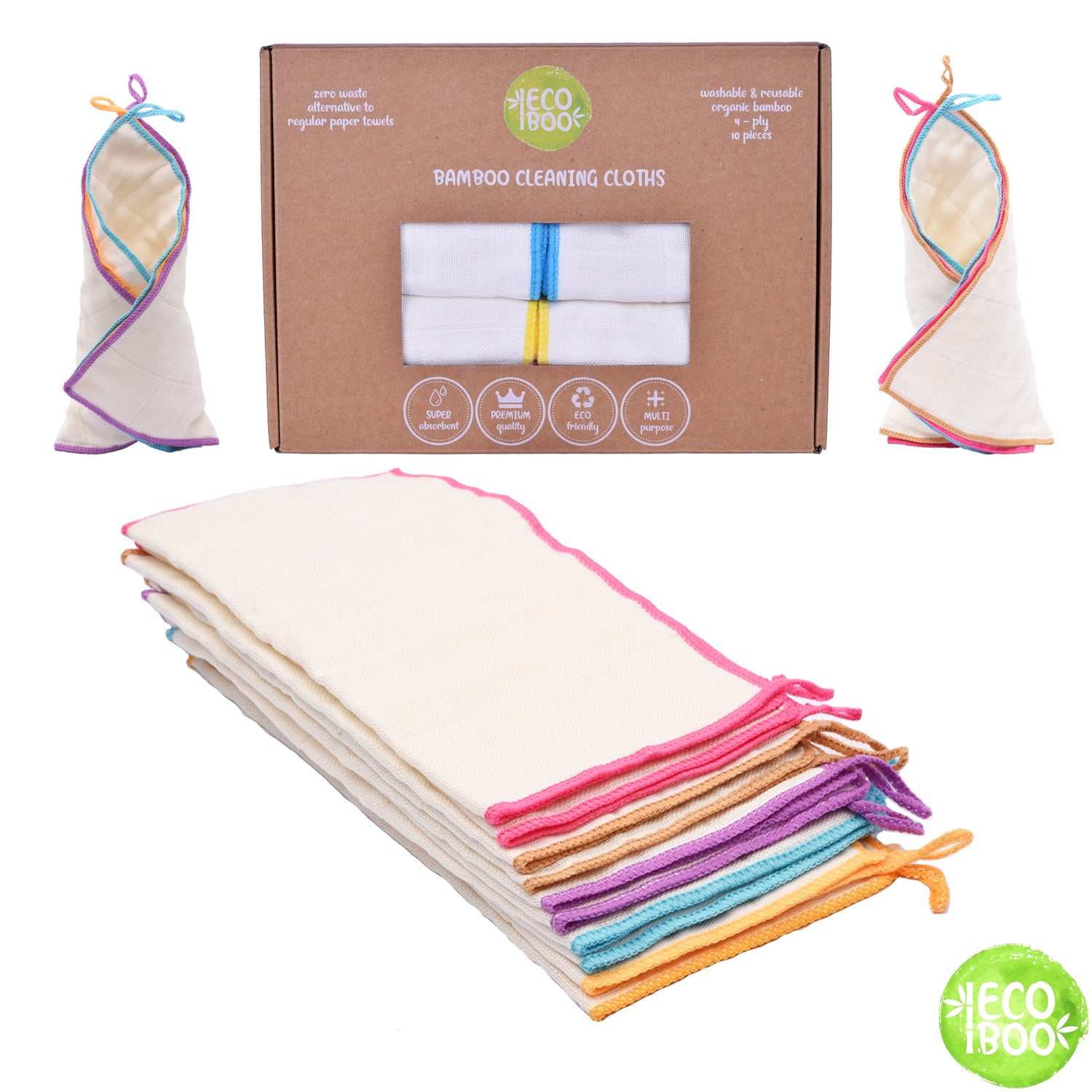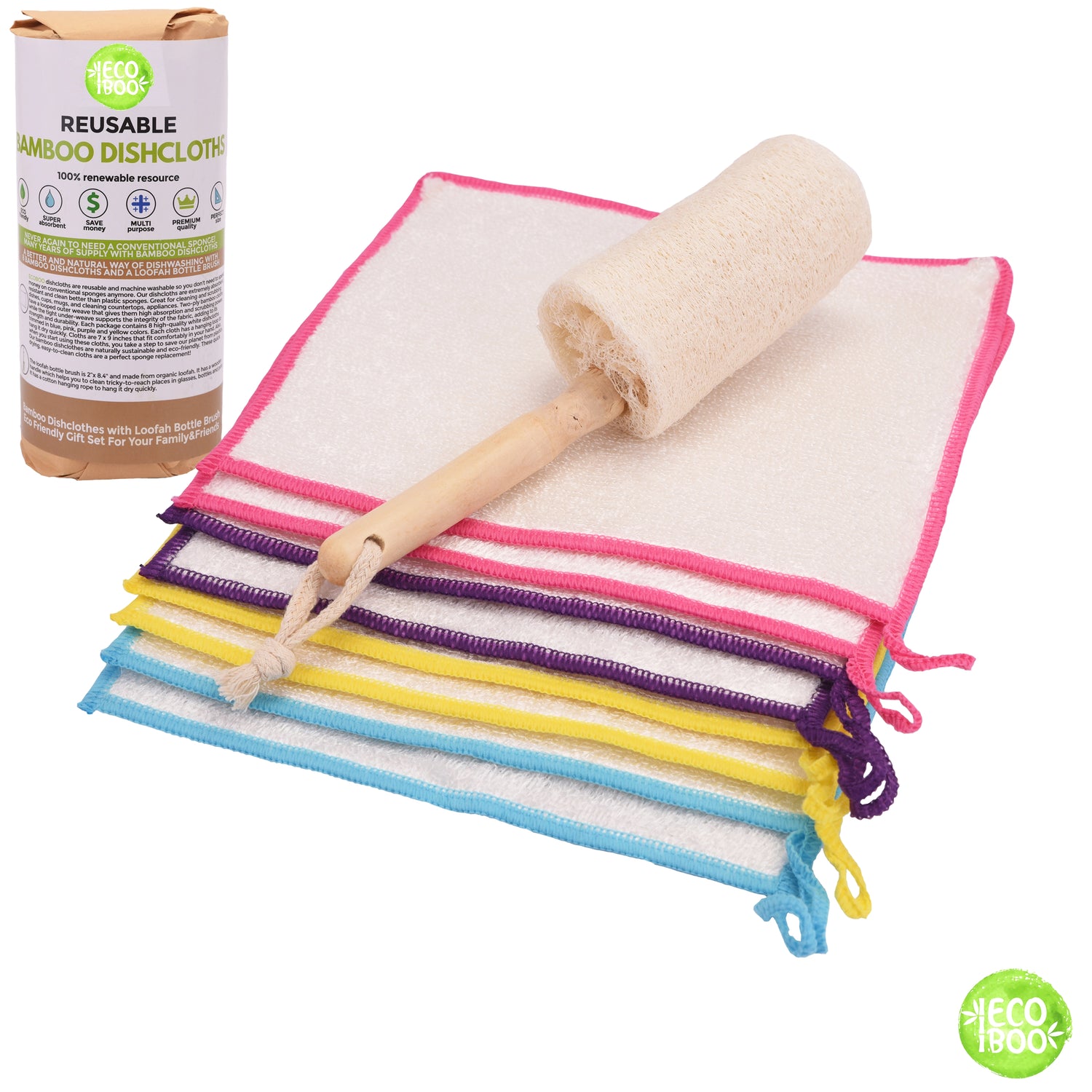I. Introduction
What if you could live a life that contributes to the well-being of our planet?
A life that creates little to no waste, and helps you tread lightly on our Earth.
This is the essence of the zero-waste lifestyle**1**, a rapidly growing movement among individuals committed to reducing their waste production to virtually nil.
Disposable cleaning products are common in many households, from paper towels to disposable mops and wipes.
However, their convenience comes at a high environmental cost.
They generate an astonishing amount of waste that eventually ends up in landfills.
That’s why I decided to challenge myself and live a week without these disposable products.
II. Preparing for a Zero-Waste Week
I decided to switch out disposable cleaning products with reusable alternatives.
This required careful planning and research.
Understanding that zero waste isn’t about perfection but about making better choices, I looked for practical, sustainable swaps to my regular products.
Shopping for these products was an adventure in itself.
Thankfully, I came across Ecoboo**2**, a treasure trove of reusable and eco-friendly cleaning products.
I replaced my paper towels with their reusable bamboo paper towels**3, swapped regular sponges for loofah sponges4, and traded in my usual dishcloths for their reusable ones5**.
III. Daily Documentation of the Zero-Waste Week
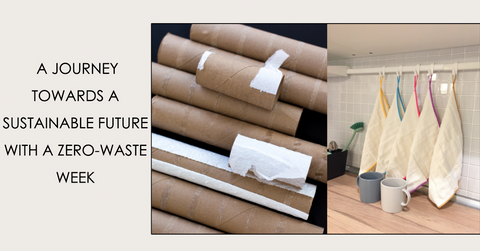
Day 1:
Transitioning to reusable cleaning products came with some initial surprises.
The bamboo paper towels**6** were significantly sturdier than their disposable counterparts and had a pleasant natural feel.
Day 2:
On the second day, I began to notice the reduction in waste.
My trash can was noticeably less full.
Cleaning felt more mindful and less wasteful.
Day 3:
I faced some challenges today.
I had to remind myself to wash the reusable items instead of simply throwing them away.
However, the effort was worth the environmental benefit.
Day 4:
By day four, I was beginning to appreciate other aspects of my new cleaning tools.
The loofah sponges**7** were not only effective but also added a natural touch to my kitchen, aligning with my eco-friendly aspirations.
Day 5:
On day five, I found myself fully adjusted to the new routine.
Cleaning did not feel drastically different, and the little extra effort was quickly becoming second nature.
Day 6:
Today I decided to calculate the cost-effectiveness of my new zero-waste lifestyle.
Though the upfront cost of reusable products was higher, the long-term savings were significant.
For instance, a roll of Ecoboo's reusable paper towels**8** could replace dozens of conventional paper towel rolls over its lifetime, leading to substantial savings.
Day 7:
The final day of my experiment brought a sense of achievement.
My week without disposable cleaning products was both enlightening and encouraging.
IV. Post-Challenge Reflection
My journey towards a zero-waste week gave me valuable insights into the feasibility of living without disposable cleaning products.
While it demanded a shift in habits and initial investment, the potential savings and environmental benefits were undeniable.
The long-term sustainability of this lifestyle seems promising.
V. Tips for Starting a Zero-Waste Lifestyle

If you're considering starting a zero-waste lifestyle, begin with small steps.
Switch out disposable items with reusable alternatives.
Ecoboo**9** offers a variety of products that can help you make this transition.
From reusable hand towels**10** to paperless paper towels**11**, their catalog is sure to have something that fits your needs.
Let's also answer some of the most common questions people have when starting on their journey to a zero-waste lifestyle.
What is zero-waste living?
Zero-waste living, at its core, is a philosophy that encourages the redesign of resource life cycles so that all products can be reused, and nothing is sent to landfills or incinerators.
In other words, it's a lifestyle that aims to reduce the amount of waste produced by individuals, communities, and businesses.
This reduction in waste production not only benefits our planet by reducing the volume of trash in landfills but also has economic and health advantages.
How do I start zero-waste living?
Zero-waste living can seem daunting at first, but there are a few simple steps that can help ease you into the lifestyle.
First, start by conducting a waste audit in your home to understand where your waste is coming from.
Next, slowly start replacing single-use items in your home with reusable alternatives.
This could mean trading plastic grocery bags for reusable ones, opting for cloth napkins over paper ones, or making the switch to reusable cleaning products like the ones you'll find at Ecoboo.
Additionally, consider investing in high-quality, long-lasting items and repairing them as necessary rather than buying cheap, disposable items.
What are the 5 R's of zero-waste living?
The 5 R's of zero-waste living are: Refuse, Reduce, Reuse, Recycle, and Rot.
These steps are designed to help guide you toward producing less waste.
"Refuse" means declining things you don't need.
"Reduce" is about minimizing the things you do need.
"Reuse" encourages the use of items that can be used multiple times rather than disposable items.
"Recycle" involves making sure items that can be recycled don’t end up in the trash.
Finally, "Rot" promotes composting organic waste.
How effective is a zero-waste lifestyle?
The effectiveness of a zero-waste lifestyle depends on how committed you are to the practice.
If you make conscious decisions to reduce, reuse, and recycle, you can significantly reduce your waste production.
The zero-waste lifestyle not only reduces the volume of waste that ends up in landfills, but also helps to conserve resources, reduce pollution, and save money.
What are the 3 steps to living a zero-waste lifestyle?
The three basic steps to living a zero-waste lifestyle are:
- Assessment: Understand where your waste comes from and pinpoint areas where you can reduce waste.
- Action: Begin replacing single-use items with reusable alternatives and start composting organic waste.
- Maintenance: Continually reevaluate your habits, make necessary adjustments, and strive for constant improvement.
Does zero-waste living save money?
Yes, zero-waste living can save money in the long term.
By investing in reusable items and reducing the amount of waste you produce, you can save money on disposable products.
For example, buying reusable paper towels might seem costly upfront, but over time, the savings from not having to continually buy disposable paper towels add up.
What are the disadvantages of zero waste?
While there are many benefits to a zero-waste lifestyle, there can be challenges as well.
Some people might find it hard to change their habits or find zero-waste alternatives for certain items.
Zero-waste options may also be more expensive upfront than their disposable counterparts.
However, these challenges can often be overcome with careful planning and the willingness to make gradual changes.
Why are zero-waste boxes so expensive?
Zero-waste boxes can be more expensive than regular boxes because they are designed to be reused.
They're made from durable materials that can withstand multiple uses, which contributes to their higher cost.
Additionally, the process of making these boxes is more resource-intensive, which can add to their cost.
However, the long-term environmental and economic benefits often outweigh the initial cost.
Is zero waste the same as minimalism?
While there is some overlap between zero waste and minimalism, they are not the same thing.
Zero waste focuses on reducing waste to lessen our environmental impact.
Minimalism, on the other hand, is a lifestyle choice that involves living with fewer physical possessions to simplify one's life.
Both lifestyles can complement each other, as reducing clutter often goes hand-in-hand with reducing waste.
VI. Conclusion
In conclusion, my week without disposable cleaning products was a journey of learning and discovery.
Not only did I significantly reduce my waste output, but I also found sustainable, effective alternatives to the disposable cleaning products I had been using.
If you too want to make an impact and reduce waste, I highly recommend taking up your own zero-waste challenge.
With each person that adopts a zero-waste lifestyle**12**, we move one step closer to a more sustainable world.
So why not start today?
Footnotes
- **https://ecoboo.net/blogs/green-clean/zero-waste-living** ↩
- **https://ecoboo.net/** ↩
- **https://ecoboo.net/collections/reusable-bamboo-paper-towels** ↩
- **https://ecoboo.net/collections/loofah-sponges** ↩
- **https://ecoboo.net/products/reusable-dishcloth-set** ↩
- **https://ecoboo.net/products/reusable-paper-towel-set** ↩
- **https://ecoboo.net/collections/loofah-sponges** ↩
- **https://ecoboo.net/collections/reusable-kitchen-roll** ↩
- **https://ecoboo.net/** ↩
- **https://ecoboo.net/collections/reusable-hand-towels** ↩
- **https://ecoboo.net/collections/paperless-paper-towels** ↩
- **https://ecoboo.net/blogs/green-clean/zero-waste-living** ↩
